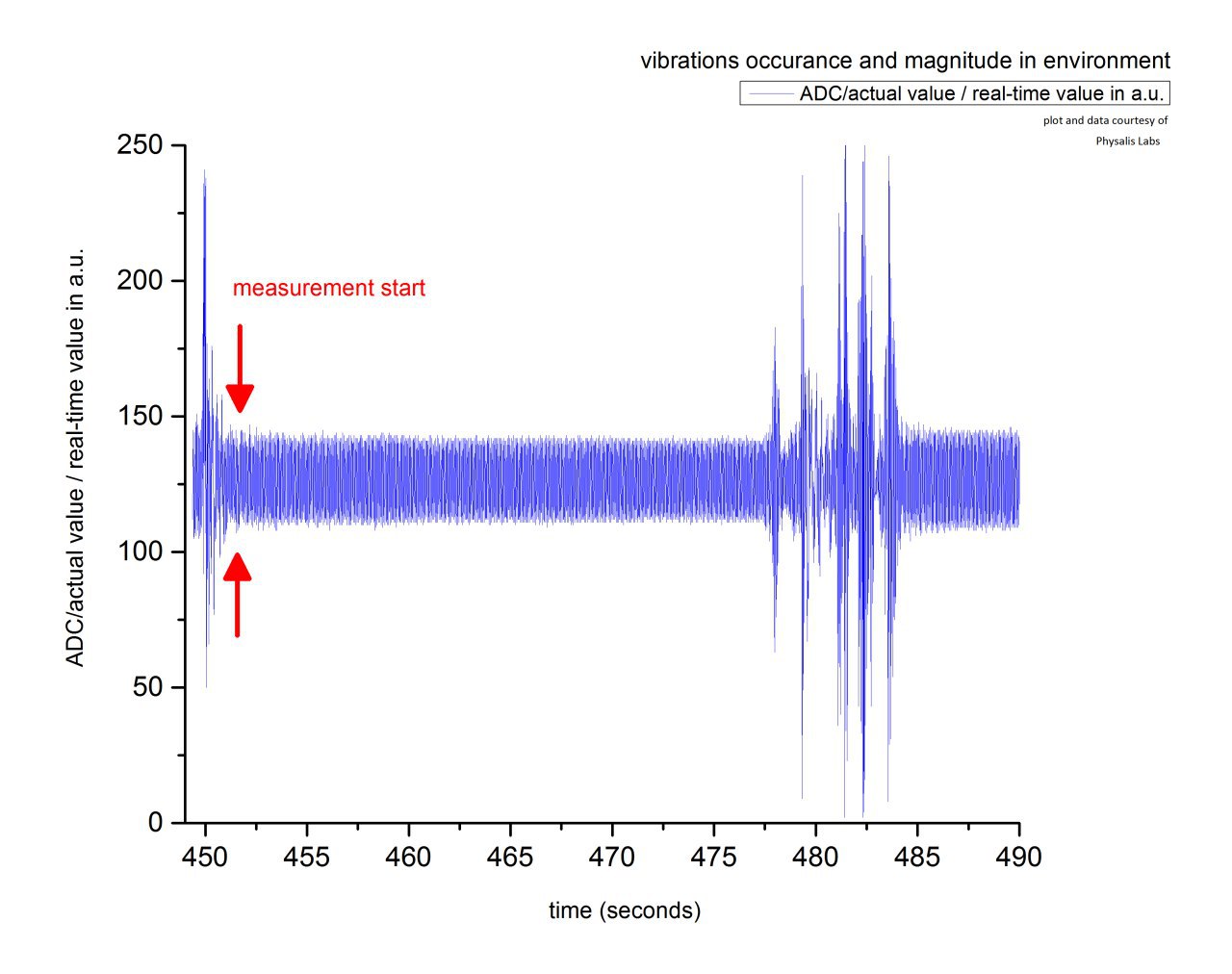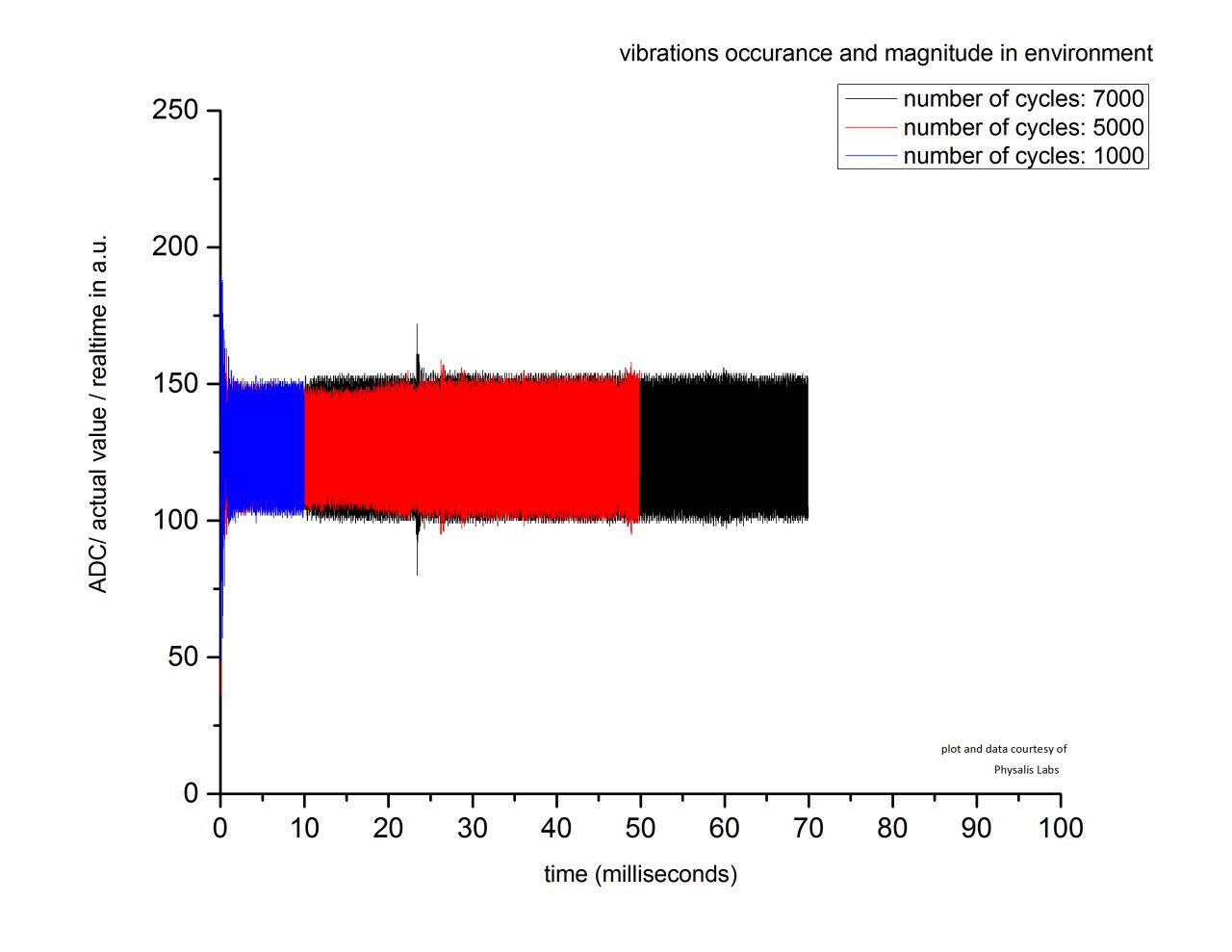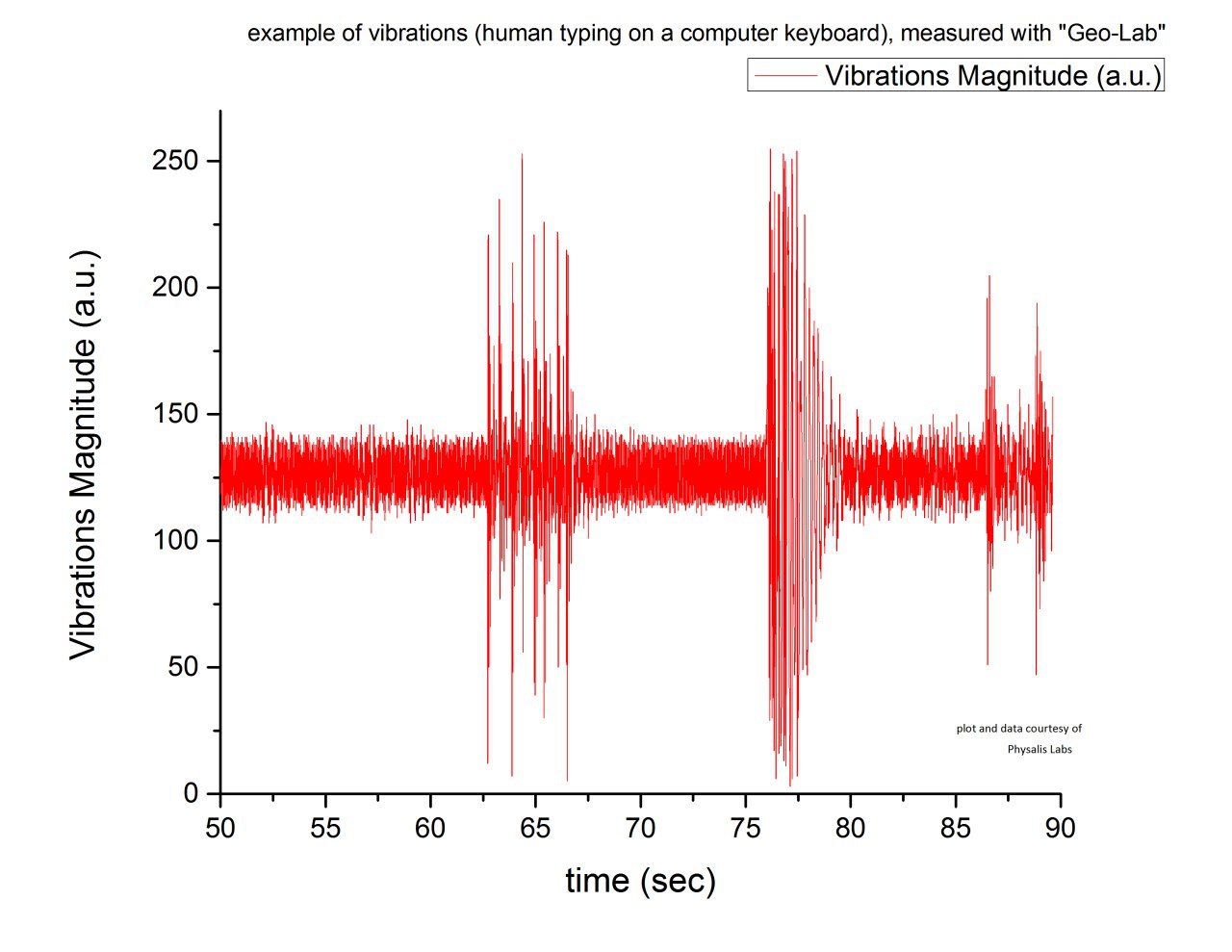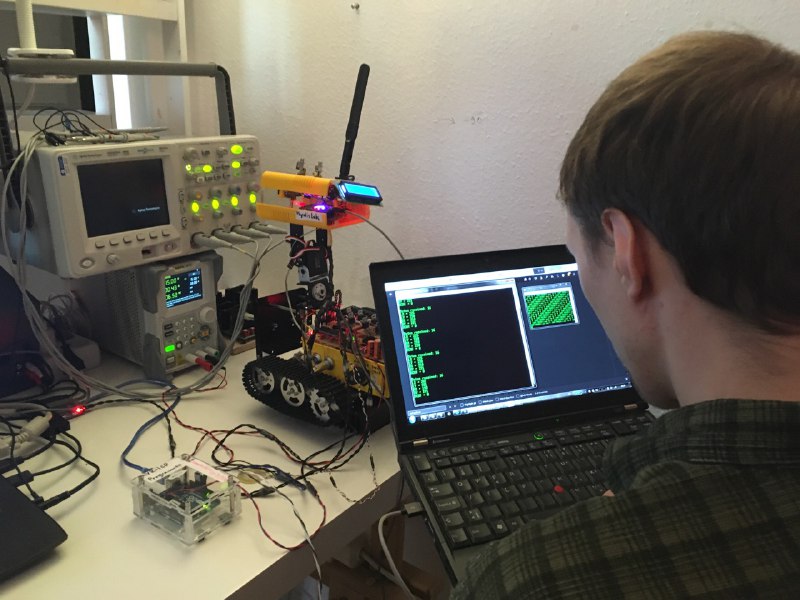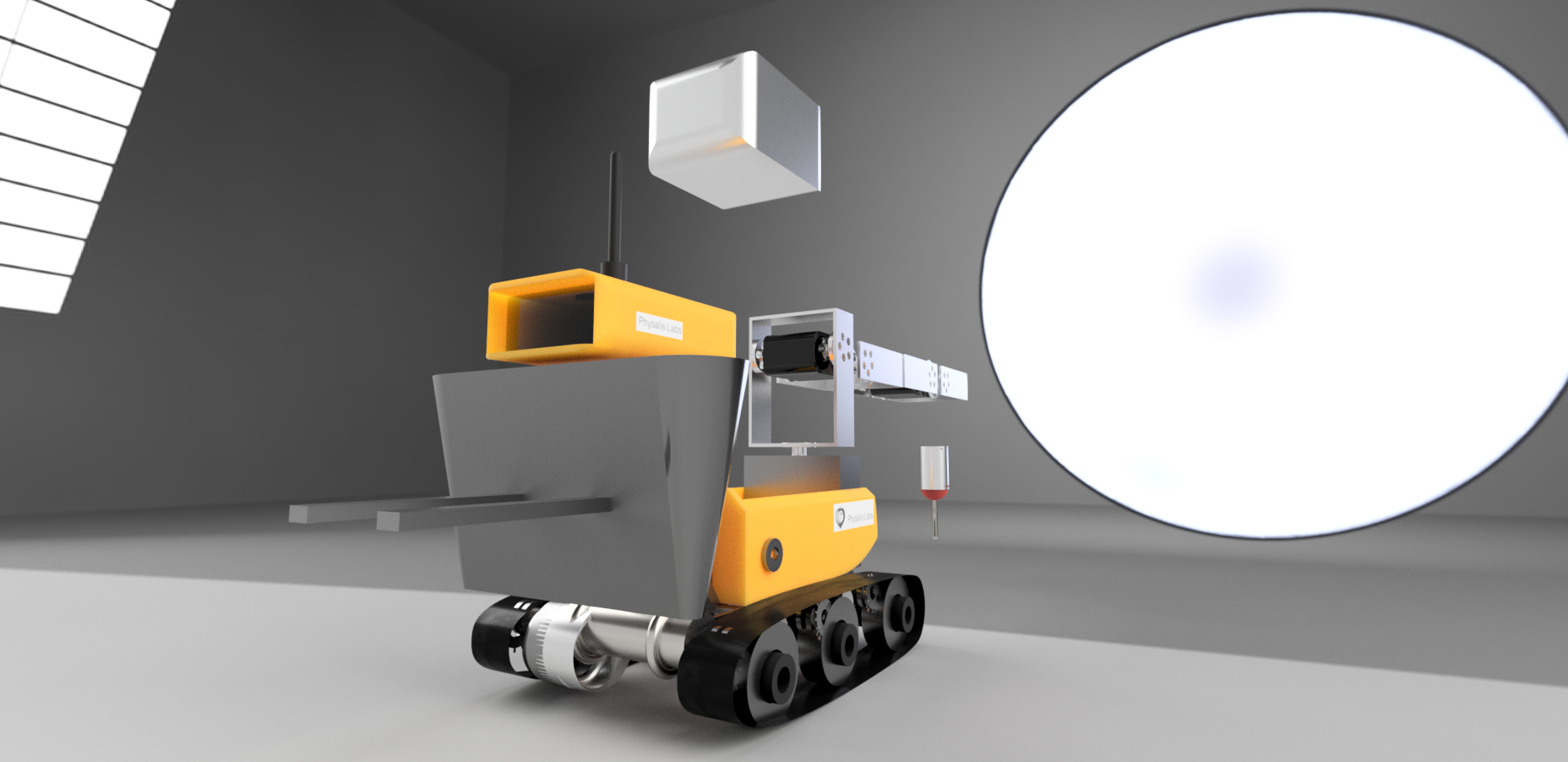
Physalis Geo-Lab
————————————————————————————–
Physalis Geo-Lab is autonomous active terrain
exploration and monitoring robotic platform
developed by Physalis Labs to assist scientists
in making reliable measurements both manually
and in autonomous mode.
Physalis Geo-Lab has been designed to withstand
harsh environment and weather conditions. Once
deployed it will start exploring the terrain and
make measurements according to the program,
(Autonomous mode), or remotely controlled via
operator (manual mode).
Physalis Geo-Lab can be used to track the
vibrations with high-precision and therefore
can be on guard in areas where earthquakes
often occur.
Payload
——————————————————————————–
Physalis Geo-Lab can carry payload of several
kilograms. It can be measurement equipment,
sensors, robotic arms, area mapping devices
and depth cameras.
At its core, the platform has been designed having
high level of customization in mind. This feature
enables Physalis Geo-Lab to be used in various areas.
The modular design makes it possible to add needed
Functionality right away or remove it.
Further, enabling access for other developers and
scientific groups to develop and add their own API’s
and modules to it.
Tech. Specs
——————————————————————————–
It is a long established fact that a reader
will be distracted by the readable content
of a page when looking at its layout.
The point of using Lorem Ipsum is that it
has a more-or-less normal distribution of letters
as opposed to using ‘Content here, content here’,
making it look like readable English.
Many desktop publishing packages and web page editors
now use Lorem Ipsum as their default model text, and a
search for ‘lorem ipsum’ will uncover many web sites
| Propulsion / Power Delivery Unit | Dual H-Bridge with double 25 x mm geared motors reduction factor 1:150 |
|---|---|
| Stall current | 4500 mA (max) |
| Stall Torque | 9.5 kg NaN |
| Rated Current | 1200 mA (Max) |
| Noise | 56 dB |
| Working Voltage | 9 Volt |
| Step-Motor / Tower Rotation | 1.8-angle, 2 – PHASE (5 V, 1 A), VEXTA stepping motor |
| Photocells TO-18 | TO-18 series of photo-conductive cells (Cadmium Sulfide) |
| Vibration Detection Unit | vibration measurement system based on piezo-electricity |
| Distance Measuring Sensor | Sharp GP2Y0A02YK0F (20 – 150 cm op.range), (PSD + IRED), analog |
| Speaker | 5V, DC, Impedance = 8 Ohm, (system Sounds) |
| ESP-WROOM-32 | wlan module, Wireless connectivity for remote controlling |
| Rechargeable Battery 14 Volt | Power Supply for Robot platform, monitored by AVR |
| EEPROM | Microchip 256 kByte EEPROM for non-volatile memory, and data storage |
Sensing Vibrations in Environment
——————————————————————————–
It is a long established fact that a reader
will be distracted by the readable content
of a page when looking at its layout.
The point of using Lorem Ipsum is that it
has a more-or-less normal distribution of letters
as opposed to using ‘Content here, content here’,
making it look like readable English.
Many desktop publishing packages and web page editors
now use Lorem Ipsum as their default model text, and a
search for ‘lorem ipsum’ will uncover many web sites
